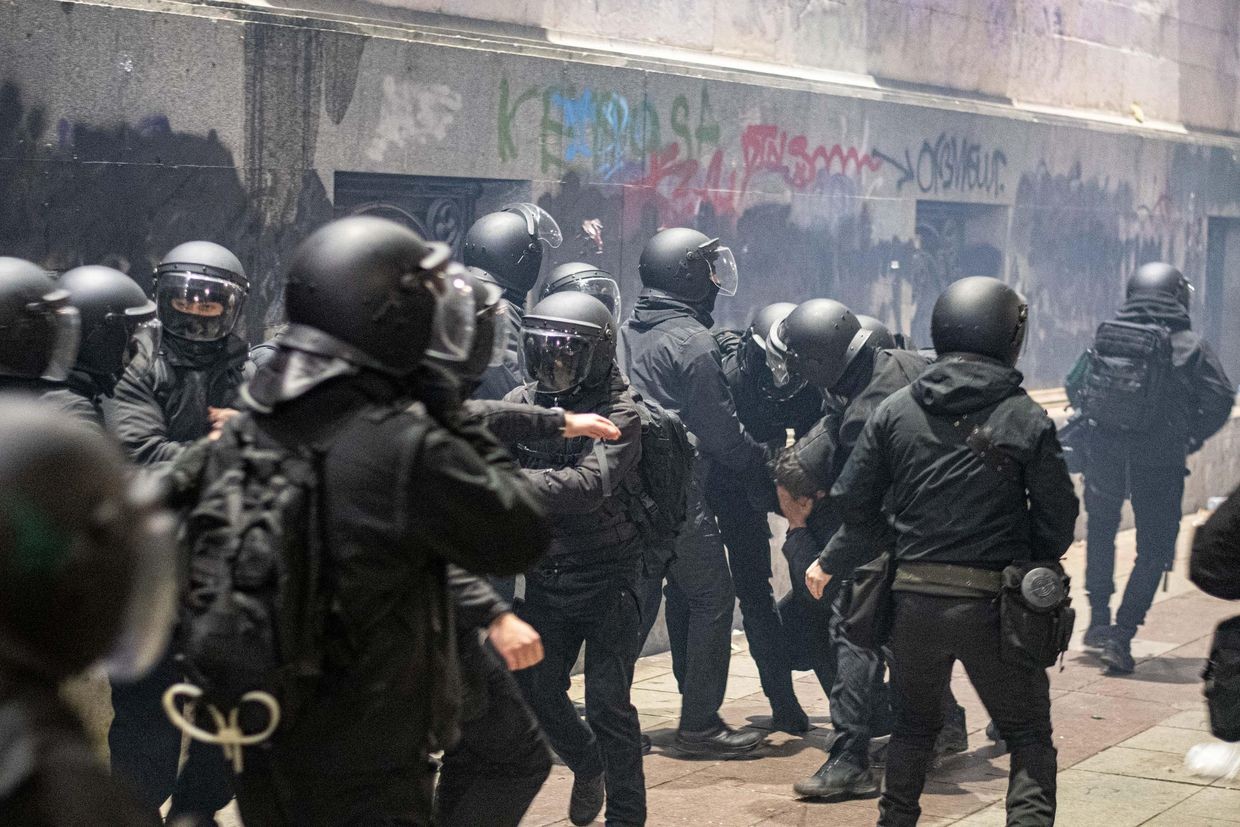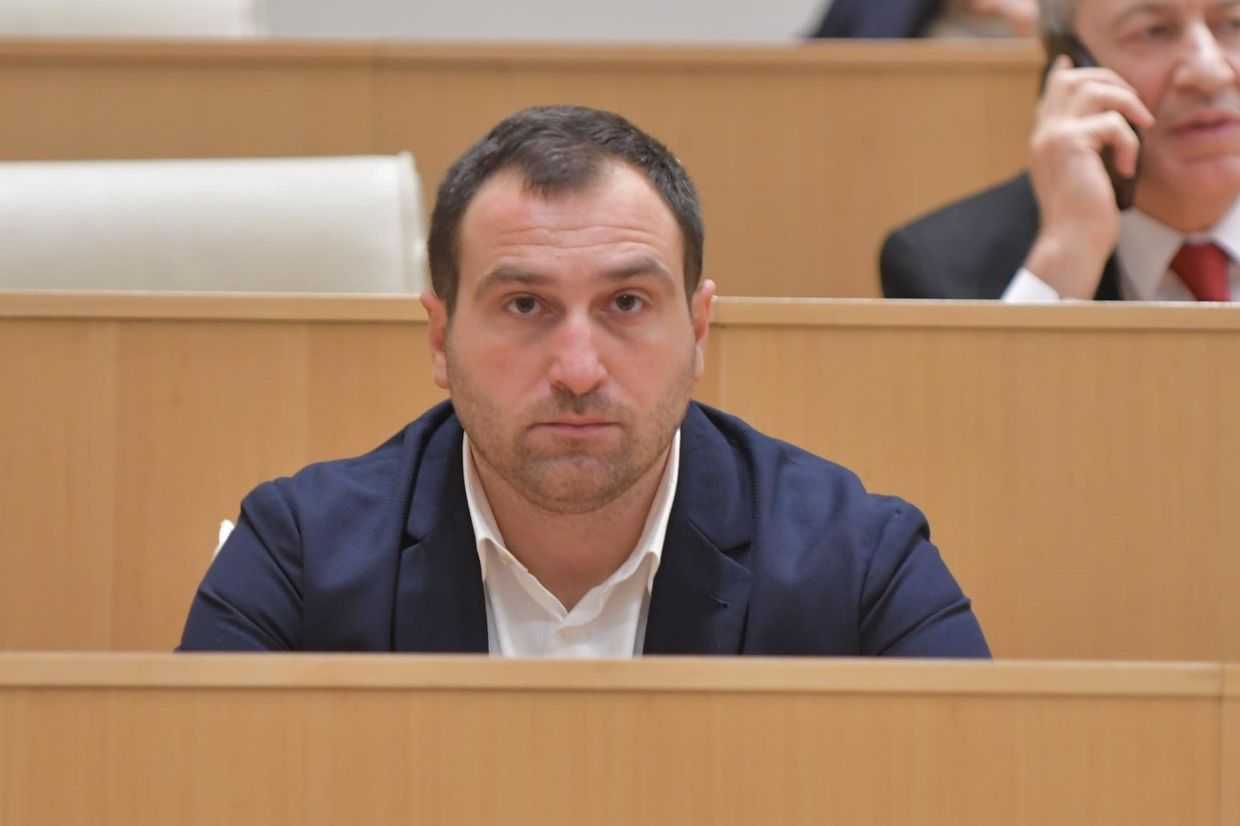
Poland has banned eight representatives of Georgia’s ‘enforcement authorities’ from entering its territory.
In a post on Facebook on Thursday, the Polish Embassy in Tbilisi emphasised that the sanctions were in response to the ‘increasing repression of the opposition in Georgia’.
The embassy additionally noted that the travel bans were issued against authorities ‘responsible for the violence against protesters’, highlighting that Poland ‘supports the pro-European aspirations’ of Georgian society.
It appears to be the first time Poland has sanctioned Georgia. In response to violence against protesters and ongoing civil society repression, Czechia, Estonia, Germany, Latvia, Lithuania, the UK, Ukraine, and the US have issued their own travel bans or financial sanctions.
Also on Thursday, Norway and Sweden condemned the restrictive changes to Georgia’s Law on Grants, which were adopted by parliament on Wednesday. According to the new legislation, an organisation will not be able to receive a foreign grant unless it has the consent of the government or a person/body authorised by it.
In a post on X, Swedish Foreign Minister Minister Maria Stenergard called the legislation ‘fundamentally incompatible with EU values and core democratic principles’.
In turn, Norway’s Foreign Ministry warned that the amendments turned the law ‘into a mechanism of state control that will undermine the autonomy and independence of Georgian civil society’, while additionally urging the Georgian government to reverse the legislative changes.











